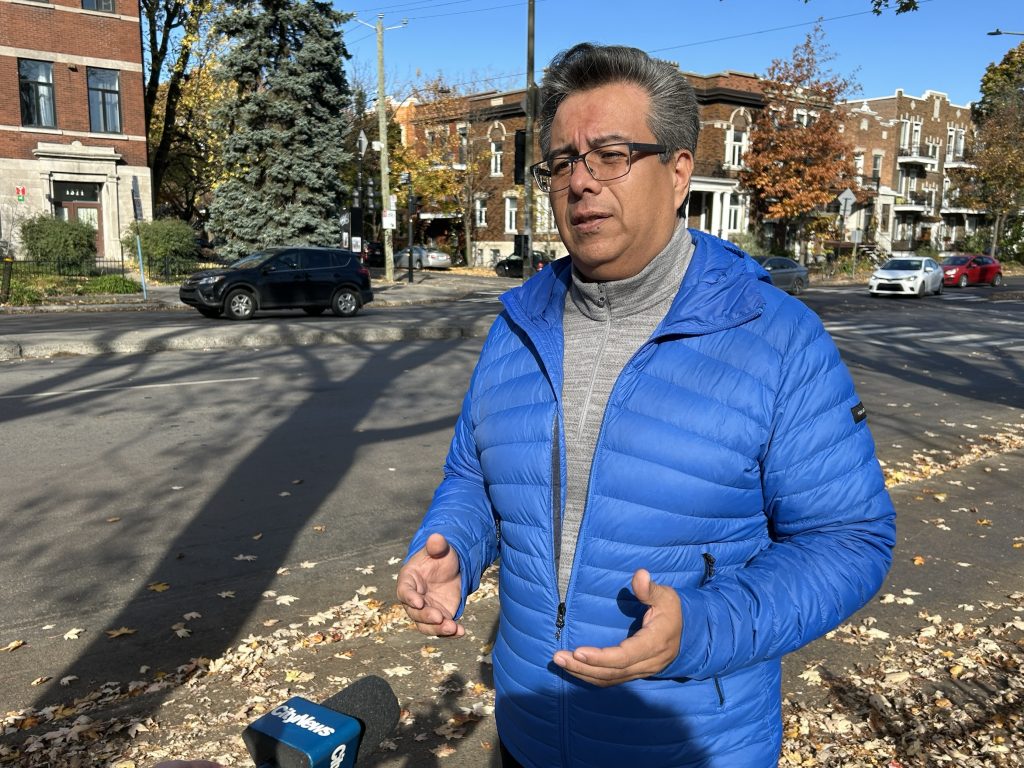Quebec to require French test for all economic immigrants, most temporary foreign workers
Posted November 2, 2023 4:35 pm.
Last Updated November 2, 2023 5:32 pm.
Quebec is imposing new French-language requirements for immigrants that come to the province to work. The province will require all economic immigrants, who are chosen by Quebec, not Ottawa, to pass a French test before they are admitted.
Temporary foreign workers — except agricultural workers — will also have to pass a test if they want to stay in the province longer than three years.
Canada and U.S. immigration lawyer, Viviane Albuquerque, says, “right now, if you have a job in Quebec, you have to demonstrate that you are able to do your job. Following this announcement, if you want to renew, if you want to extend your stay for three years or more, you need to demonstrate that you have conversational French, so the level is still quite low. It’s about four level, the fourth level, which means that you have to be able to provide the basic conversation in French.”
Carlos Rojas, director of Conseil Migrant and an immigrant of Mexico himself, does not believe the new regulation is realistic.

“The first years of your settlement here in Canada and Quebec are really busy,” Rojas says. “You are worrying about everything. You have to get to learn the game and you will learn French, functional French, but not everybody is going to have an opportunity to learn French to level four.”
The test won’t include a written component and under Quebec’s new plan, employers will be required to provide time at work for the workers to learn French.
According to Albuquerque, the real concern arises for those whose work does not require French.
“If French is not required for your work, for you in terms of working in certain industries,” she says, “the requirement to have French in order to renew your status could affect employers in Quebec.”
The Quebec government is also increasing its immigration target to about 60,000 people next year — 10,000 more than the official target — by factoring in immigrants admitted through other programs. But members of the business community, including Francis Bérubé, Quebec provincial director of the Canadian Federation of Independent Business (CFIB) wants more.
“We need 18,000 more immigrants in the region of Quebec,” says Bérubé. “In the region of Quebec, we have a deficit.”
Still, Quebec Premier Francois Legault wants the message to be clear. “The goal is to increase the percentage of francophones and that’s what we’re achieving with these measures,” he says. “For both students and workers in the future, if you want to come to Quebec for more than three years, if you want to be received as a permanent immigrant, you have to speak French.”
But those working with migrants say Quebec needs to make it easier for them to integrate.
Quebec needs talent and all of the countries around the world are trying to attract people with studies and people that are knowledgeable in certain areas,” said Rojas. “We are going to be repelling them.
“The problem is how much are you expecting for immigrants. The first three years, if you’re not an immigrant you don’t understand what those three years mean for an immigrant.”



